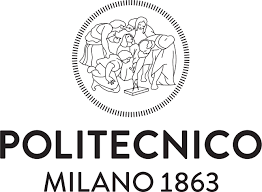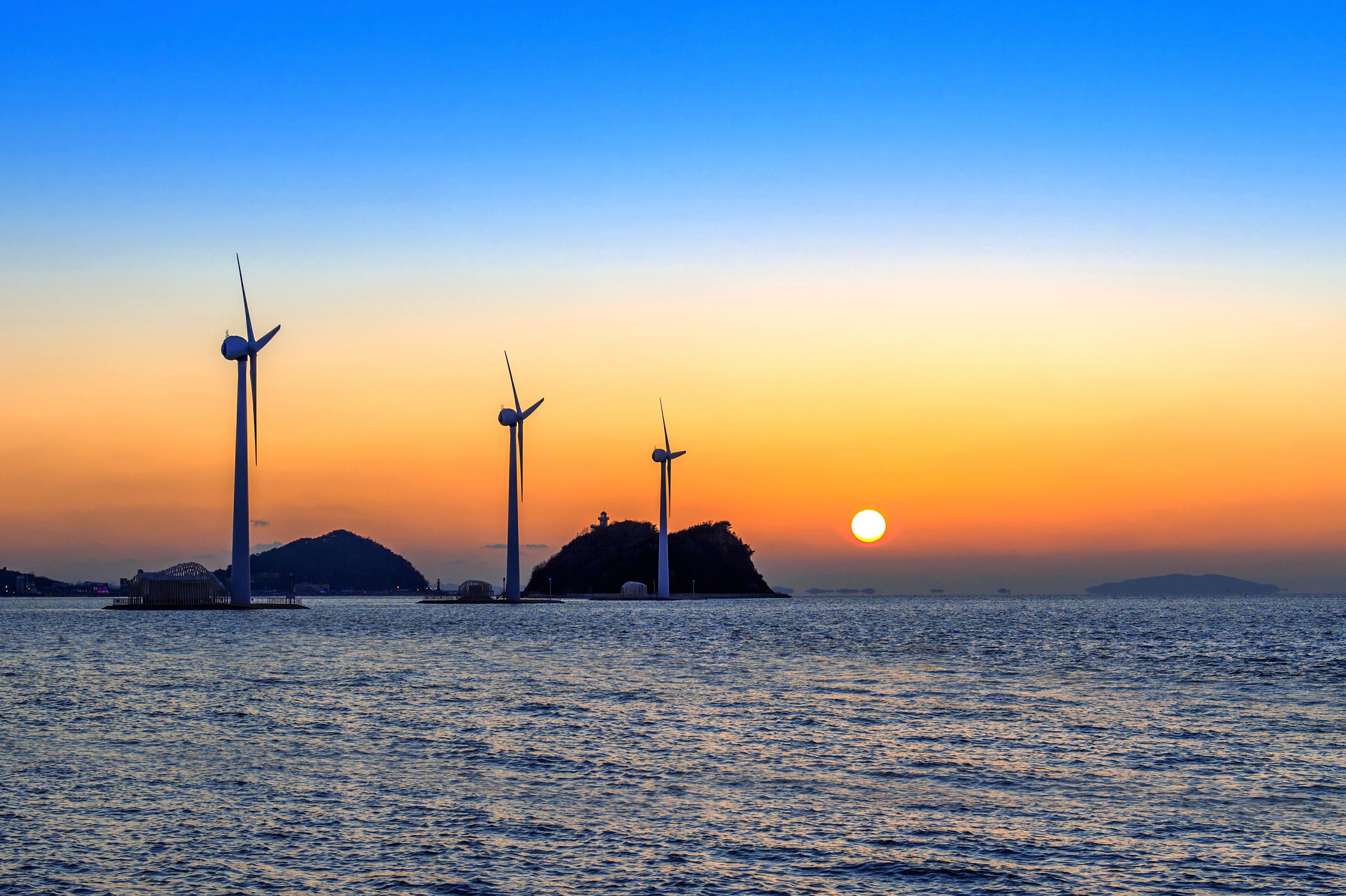
Energy, Mobility
ETIP Hydropower
The goal of the new ETIP HYDROPOWER is to enhance the cooperation among diverse stakeholders in the hydropower industry to...

More flexible and environmentally friendly fossil fuel power generation

Project dates
2018 - 2020
Website
Role of Zabala
partner
Project led by
EDF
10
Partners
5
Countries
100%
Reduction of water
5
M€ budget
sCO2-FLEX will contribute to Europe’s climate change and energy transition goals by making fossil fuel energy production capable of supporting a smart and flexible energy market.
The aim of the sCO2-FLEX project is to adapt fossil fuel power plants to meet the requirements set in place for the future energy system. Conventional plants could encourage the integration of renewable energy sources (such as wind and solar) by compensating for their intermittent nature, providing fluctuating backup power and helping to stabilise the grid. However, these plants are not currently able to experience large fluctuations in power output, as required in future renewable scenarios, with increasing percentages.
The sCO2-Flex consortium undertakes this challenge by developing and validating a scalable design of a 25MWe Brayton cycle using supercritical CO2 that will allow an increase in the flexibility of operations (fast load changes, fast start-ups and shutdowns) and in the efficiency of existing and future coal and lignite-fired power plants, reducing their environmental impact and thus meeting EU requirements.
The sCO2-based technology has the capacity to meet EU goals for highly efficient and flexible conventional power plants, while reducing greenhouse gas emissions, waste disposal and, above all, water consumption. The project aims to build on its sCO2 expertise for electricity generation. EDF, leader of the project, is also interested in investigating its possible application in renewable energies such as CSP (Concentrated Solar Power) and biomass.


This project has received funding from the European Union’s Horizon 2020 Research and Innovation programme, under grant agreement No. 764690.

“sCO2-based technology has the potential to meet European Union goals for highly flexible and efficient conventional power plants, while reducing greenhouse gas emissions, waste and, above all, the need for water.”
Lorena Iglesias
Senior Consultant









Energy, Mobility
The goal of the new ETIP HYDROPOWER is to enhance the cooperation among diverse stakeholders in the hydropower industry to...

Digitalisation
The aim of DAPSI will be to make it significantly easier for citizens to transfer their data from one service...

Energy, Mobility
Floatgen, demonstrates the feasibility of deepwater floating offshore technology for application, for the first time, in offshore areas of Southern...

News

Opinion
INVESTEU

InvestEU Team
EXPERTS IN THE INVESTEU PROGRAMME

Publication
FROM 'Z' TO 'A'
Because innovation means turning things upside down, our dictionary goes from Z to A, rather than A to Z
The important thing is not to keep moving, but rather to know in which direction to go. Our 37% success rate proves that we know how to guide our clients.
Our compass is our clients; our mission is to solve their problems, guiding them so that innovation becomes their key to competitiveness.

This website uses cookies so that we can provide you with the best user experience possible. Cookie information is stored in your browser and performs functions such as recognising you when you return to our website and helping our team to understand which sections of the website you find most interesting and useful.
Strictly Necessary Cookie should be enabled at all times so that we can save your preferences for cookie settings.
This website uses Google Analytics to collect anonymous information such as the number of visitors to the site, and the most popular pages.
Keeping this cookie enabled helps us to improve our website.
Please enable Strictly Necessary Cookies first so that we can save your preferences!
This website uses the following additional cookies:
(List the cookies that you are using on the website here.)
Please enable Strictly Necessary Cookies first so that we can save your preferences!